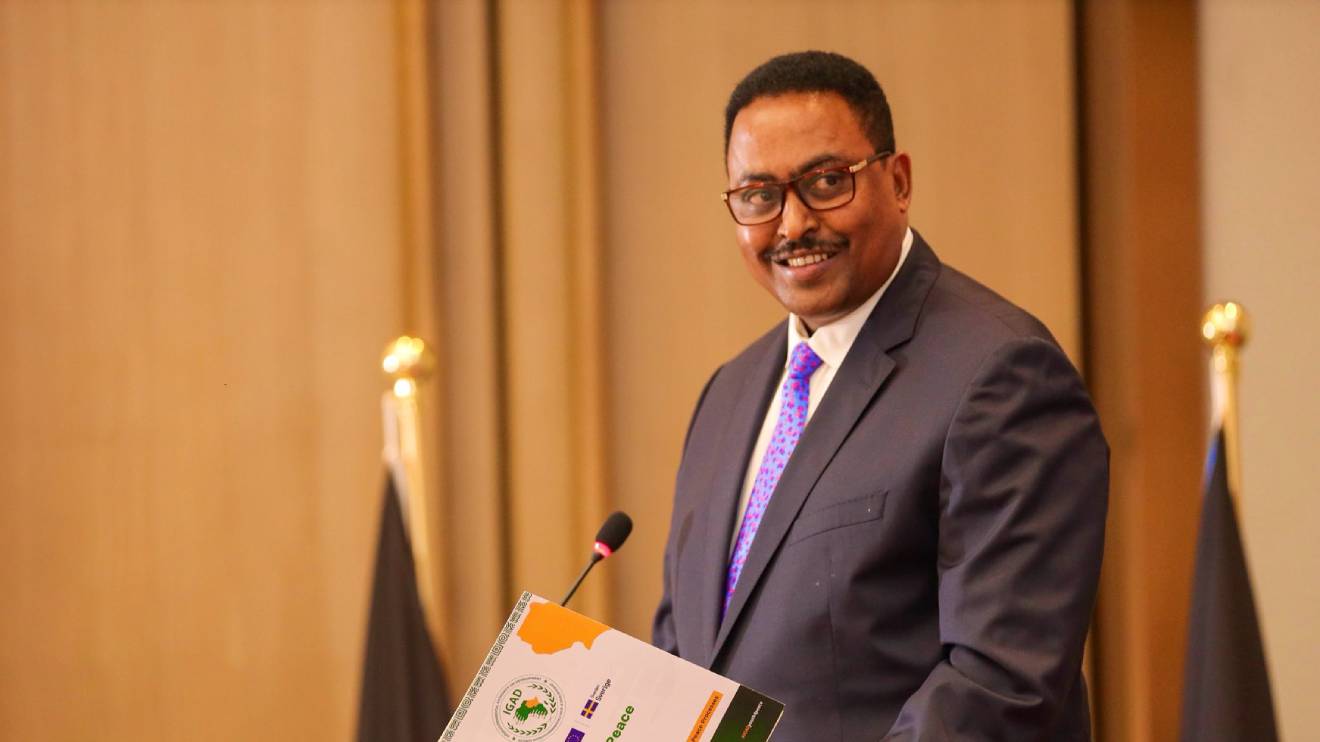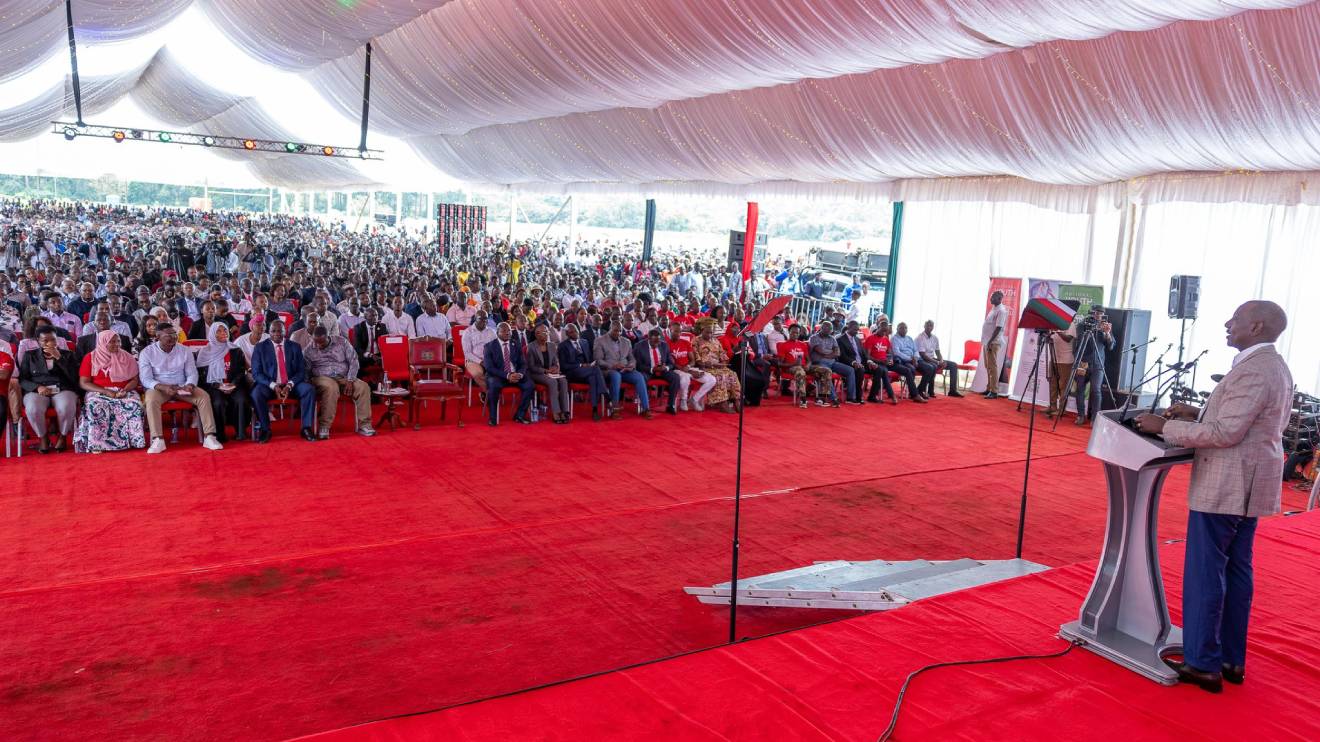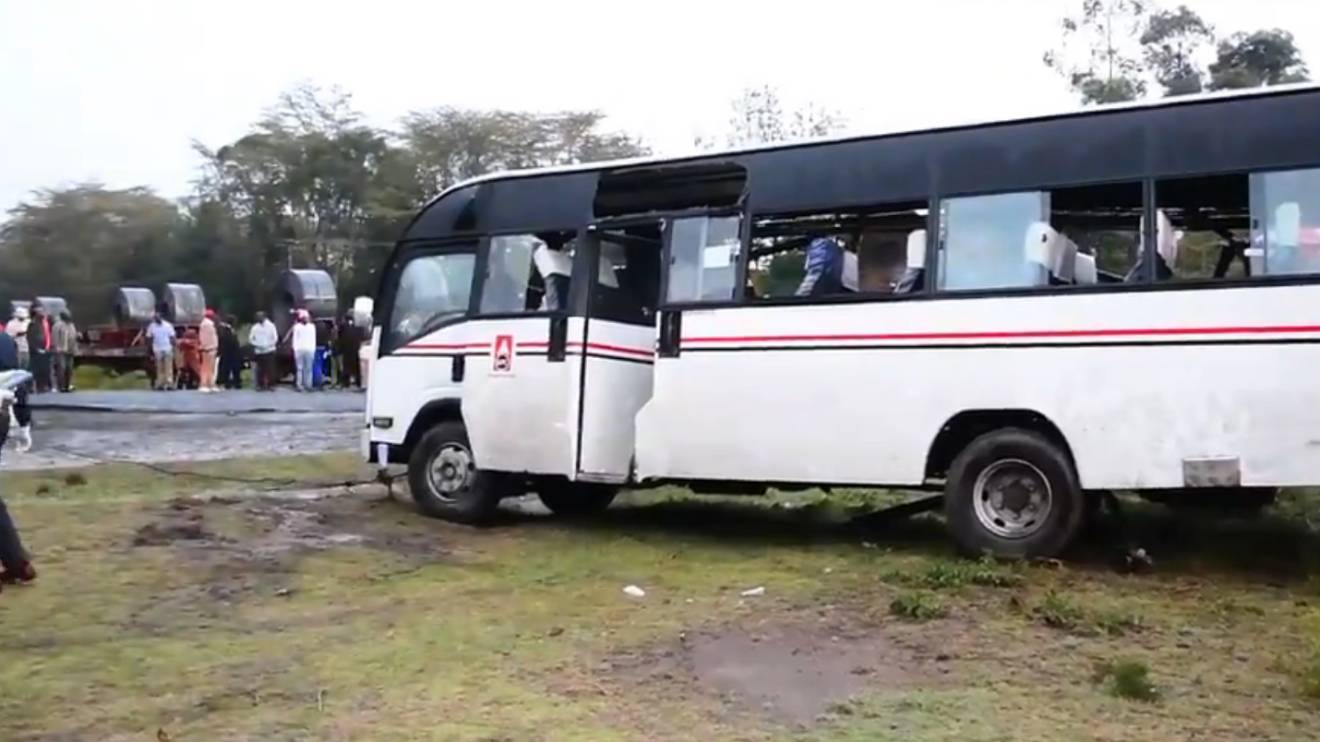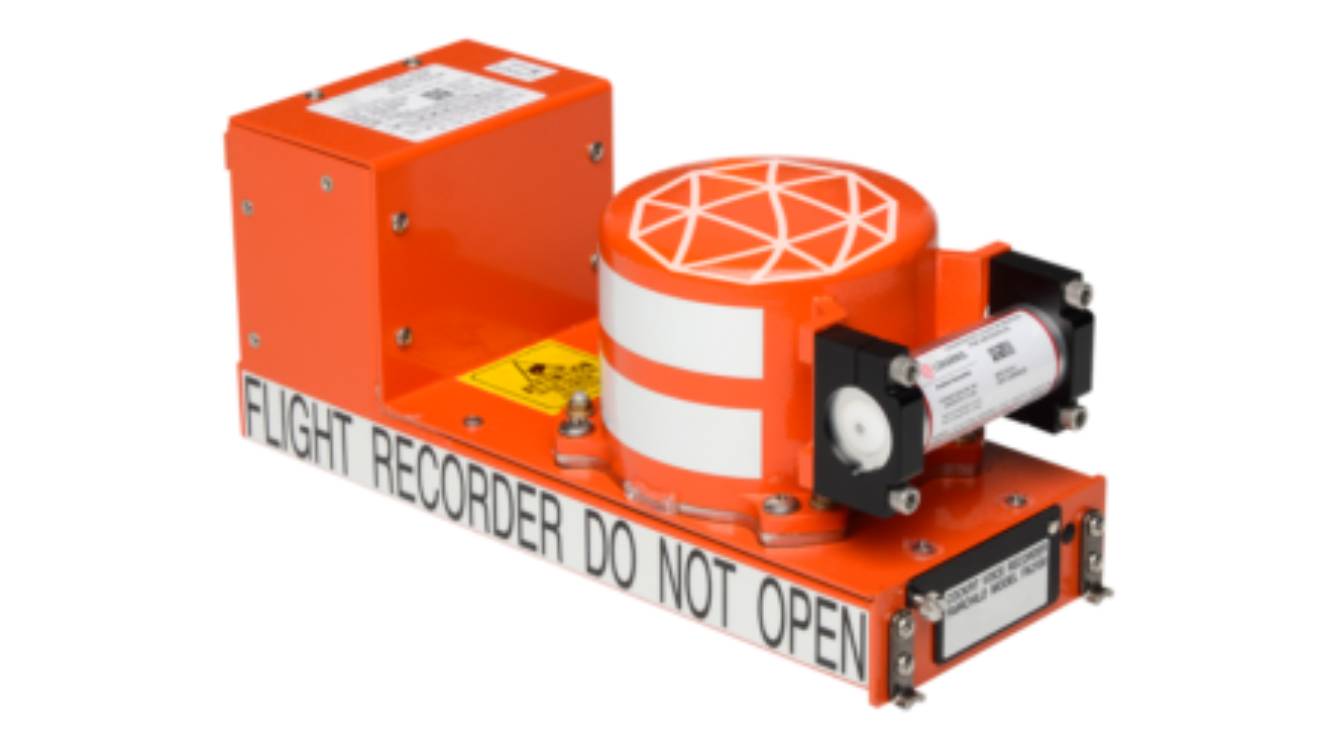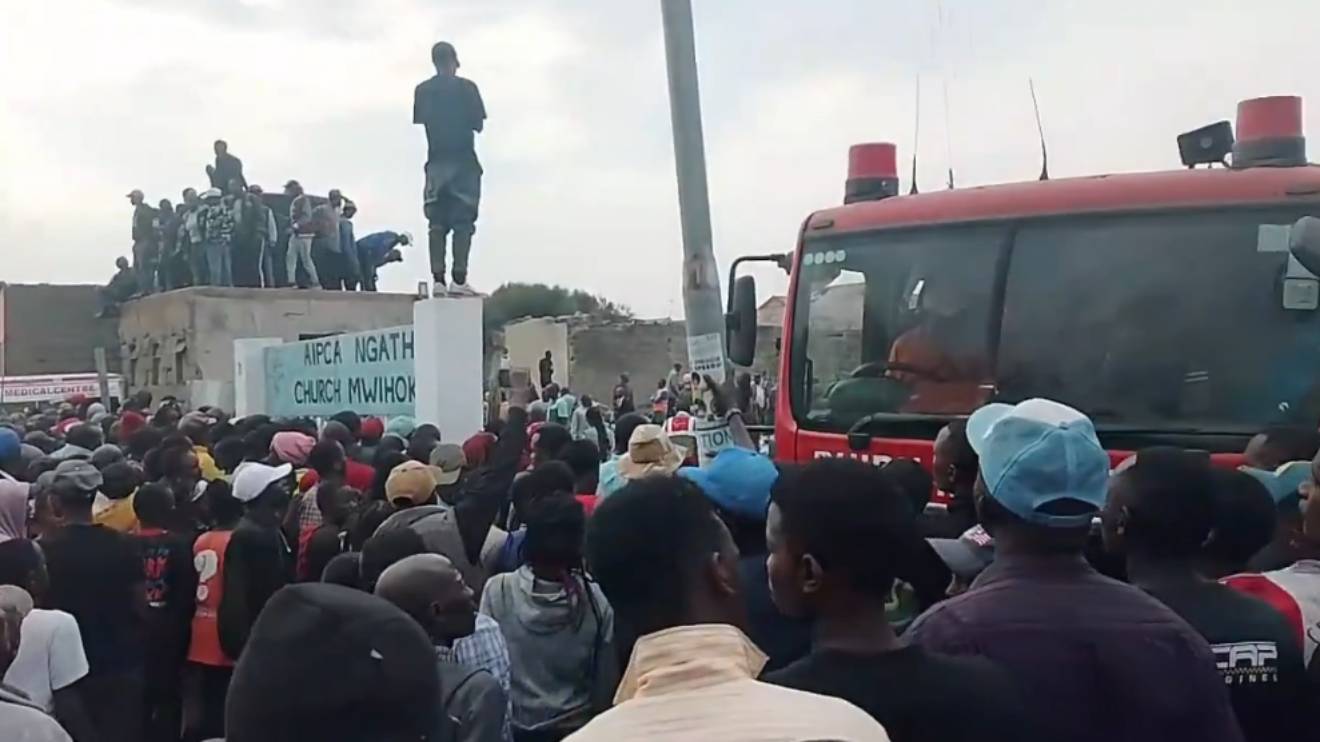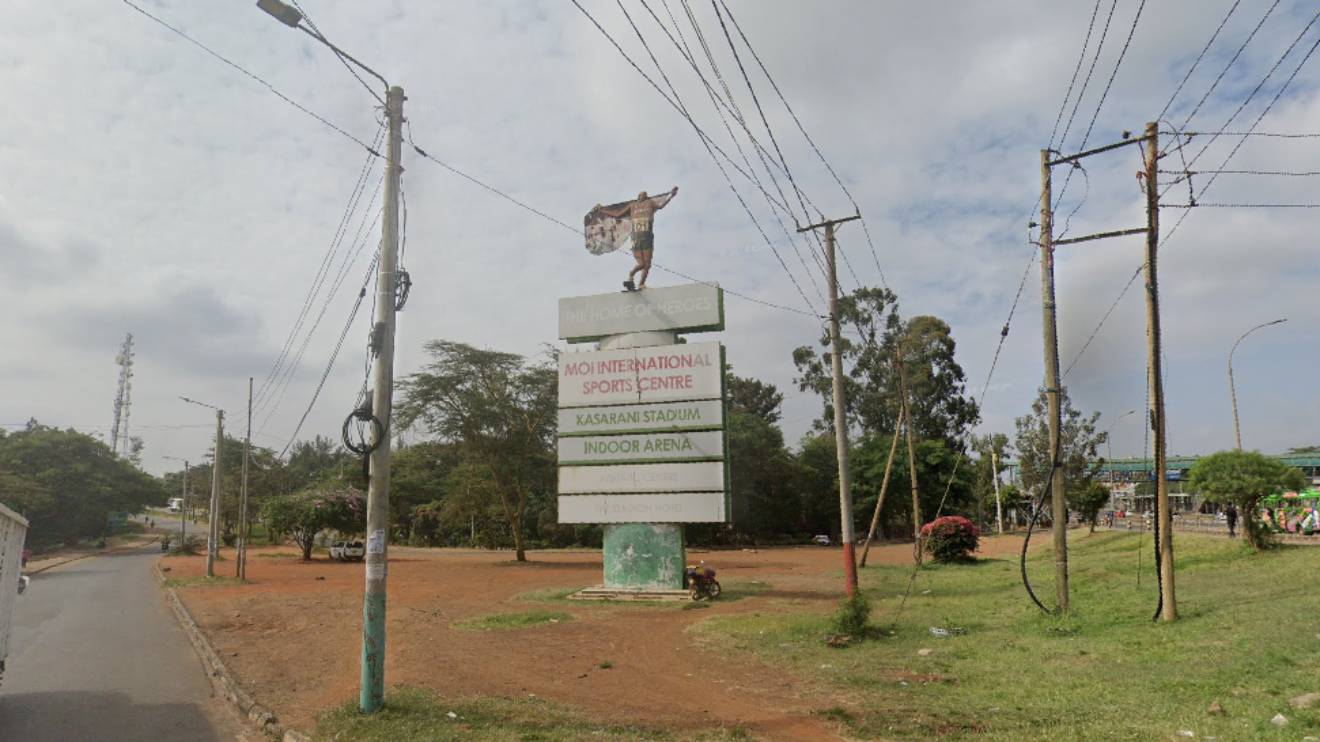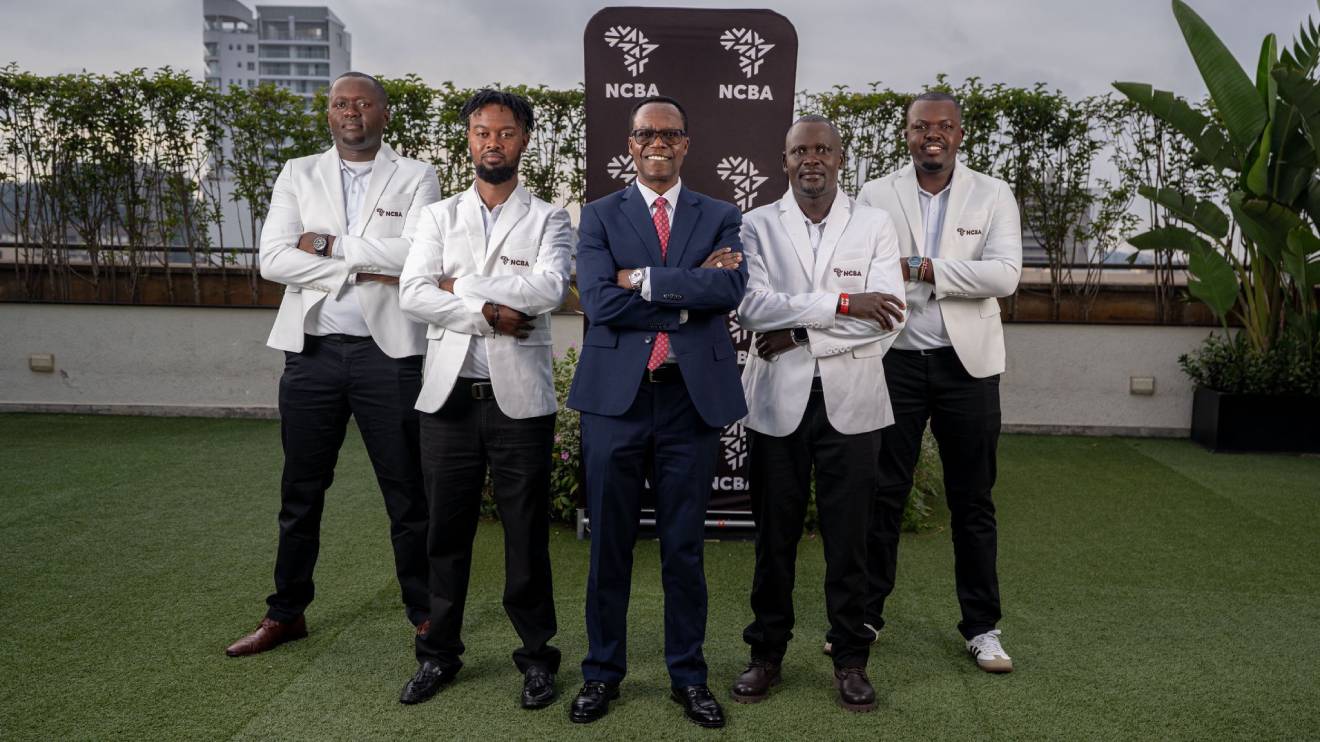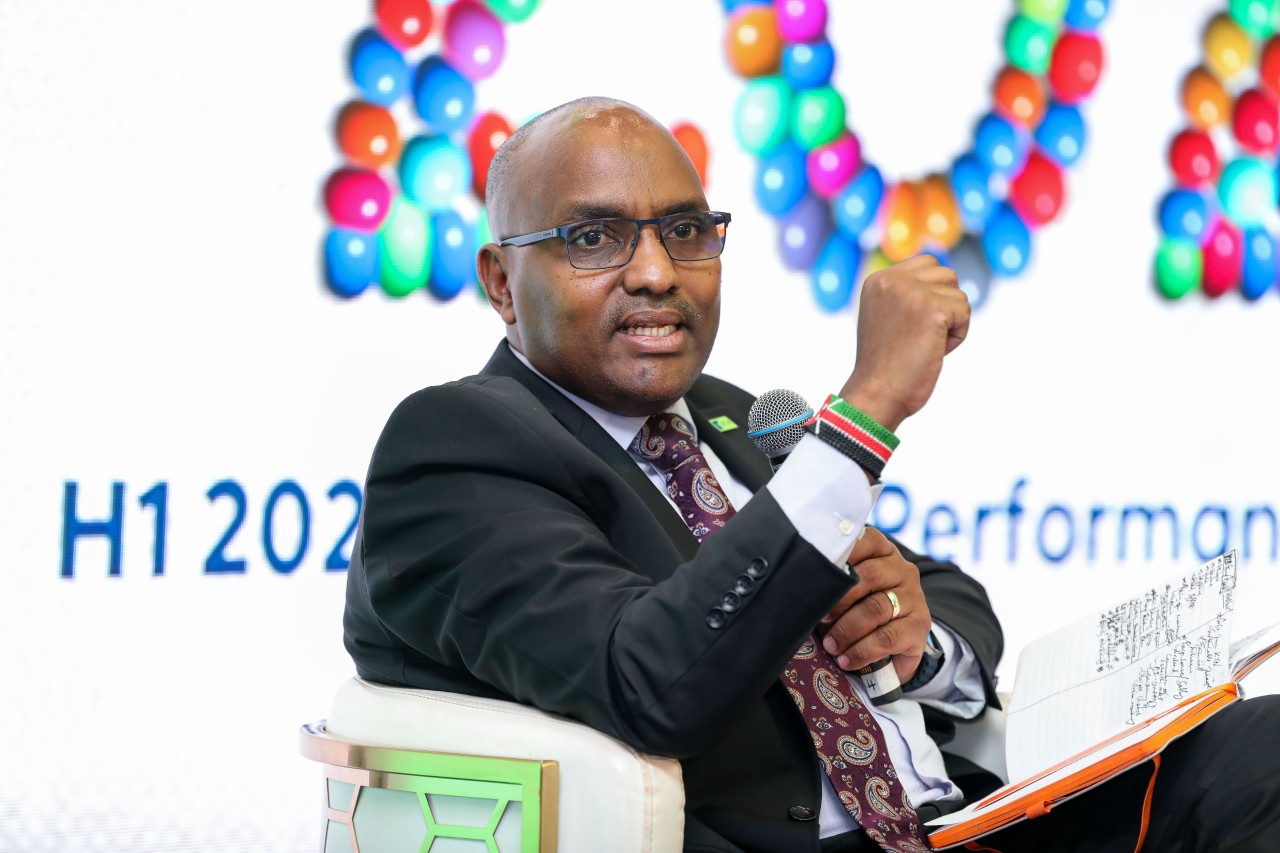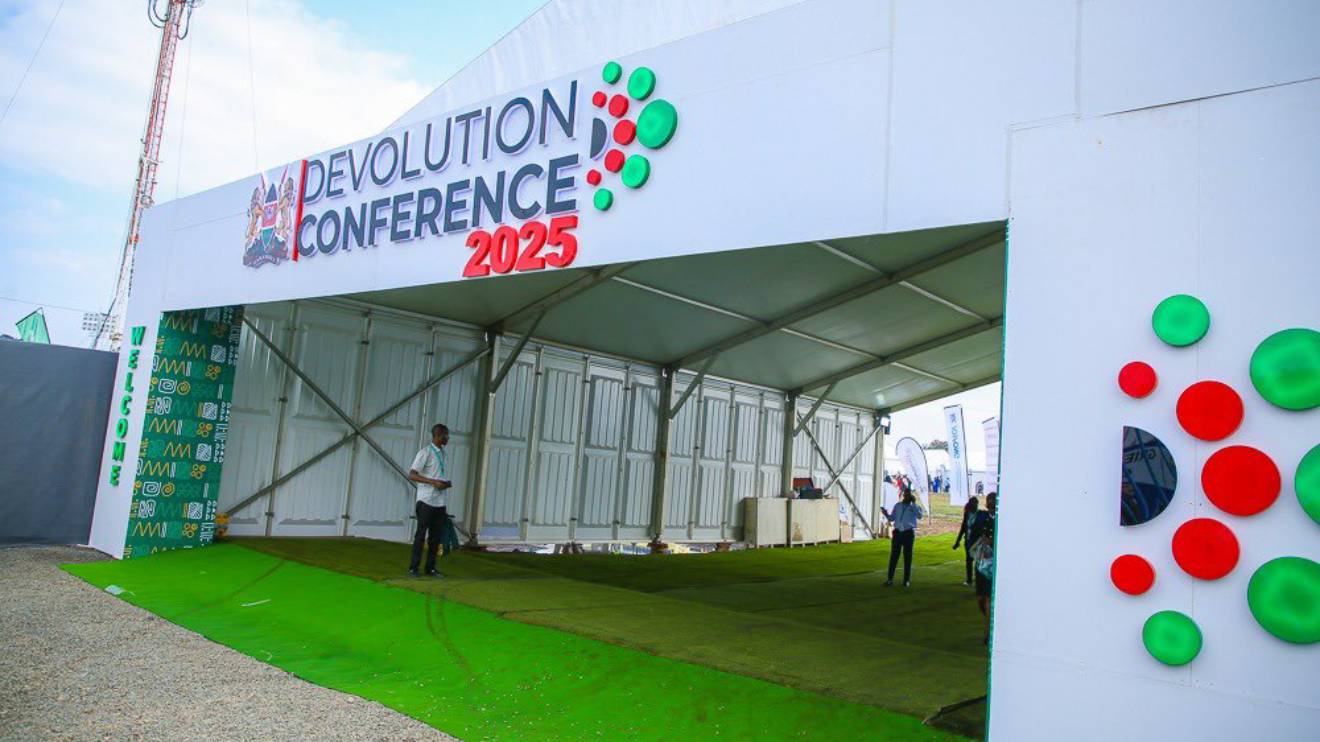The Intergovernmental Authority on Development (IGAD) has urged its member states to embed young people at the heart of peacebuilding efforts, saying the future stability of the region hinges on their active involvement.
Speaking at the IGAD Youth Peace and Security Conference in Nairobi, IGAD Executive Secretary and chair of the African Union’s inter-REC coordination and collaboration platform, Workneh Gebeyehu, described the region’s youth as “a shining beacon of hope” whose courage could determine the destiny of millions.
“There is a shining beacon of hope across the IGAD region today, and it burns brightest in the hearts and minds of our youth. As we gather in this great city of Nairobi, I am reminded of these words: ‘The future doesn't belong to the fainthearted; it belongs to the brave.’ And brave are the young men and women who refuse to accept conflict as their destiny,” he said.
Gebeyehu outlined a decade of initiatives aimed at integrating youth into peace processes, including the Conflict Early Warning and Response Mechanism (CEWARN), which enlists young people as “the eyes and ears of peace” in their communities.
He noted that youth monitors have prevented violence by supplying real-time intelligence from urban centres such as Addis Ababa to remote border villages between Sudan and South Sudan.
Read More
He also pointed to the IGAD Centre of Excellence for Preventing and Countering Violent Extremism (ICEPCVE), established in 2018, which has trained over 500 young community leaders in counter-messaging, alternative narratives, and resilience-building.
“Our achievements in countering violent extremism through the IGAD Centre of Excellence for Preventing and Countering Violent Extremism stands as a testament to what is possible when we trust our youth,” he said, adding that these young leaders were “the architects of innovative solutions” rather than passive beneficiaries.
The IGAD Youth Policy Framework 2021–2030, adopted by all member states, was described by Gebeyehu as a “covenant with the future” to ensure no young person is excluded from decision-making processes that affect their lives.
However, he warned that with more than 60 per cent of the region’s population under 30, governments face a choice: harness this demographic strength for peace and prosperity, or risk it fuelling instability.
“The young people in Sudan who continue to agitate for a return to peace despite unimaginable challenges; the youth in Kenya whose voices have spoken truth to power; the displaced young people in refugee camps who still dream of returning home to build better societies – you are not waiting for permission to be agents of change. You are demanding your rightful place at the table,” he said.
Highlighting CEWARN’s and ICEPCVE’s track records, Gebeyehu said both had shown that empowered youth are the most credible voices against radicalisation and the most effective peacekeepers.
“The age of youth as passive beneficiaries is over. The age of youth as partners in peace has begun. Let this conference mark not just a conversation, but a commitment. A commitment to institutionalise youth participation not as a favour, but as a fundamental requirement for sustainable peace,” he stated.
He closed his address with a call to ensure that young people’s “capable hands” are equipped to build “the peaceful, prosperous IGAD region we all envision.”
The two-day conference, running from August 13 to 14 in Nairobi, brings together government officials, youth leaders, and peacebuilding experts to discuss strategies for embedding youth voices into the region’s security architecture.

